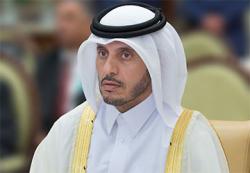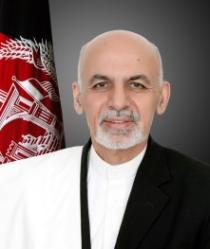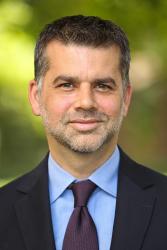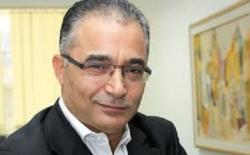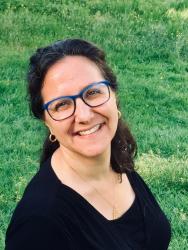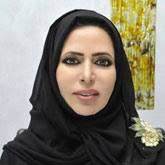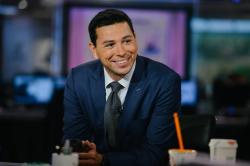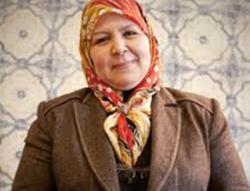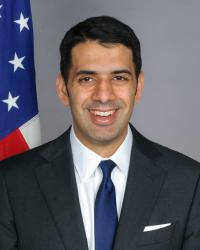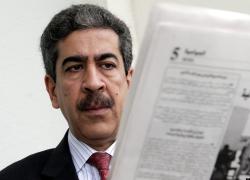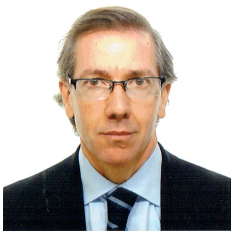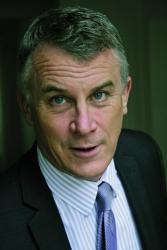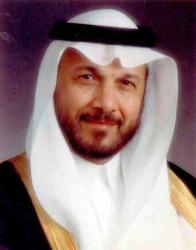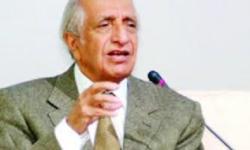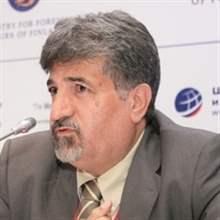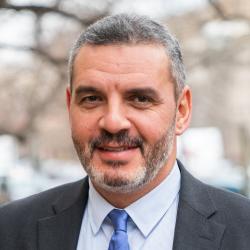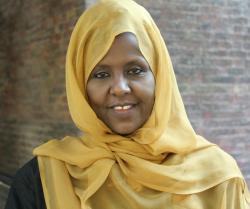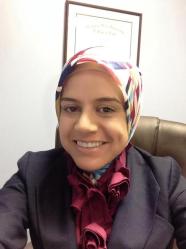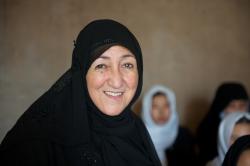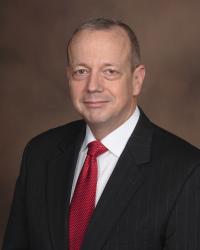2026
On June 1-3, 2015, the Brookings Institution, in conjunction with the State of Qatar, convened the 12th annual U.S.-Islamic World Forum. The theme of this year’s Forum was “Changing Assumptions,” which relates to historic shifts in geopolitical realities affecting the United States and Muslim-majority countries, as well as to societal and cultural norms.
The Forum’s plenary sessions (WEBCAST—see agenda below) highlighted several dimensions of relations with and within a rapidly changing Muslim world. Panelists discussed a wide range of topics, including:
-Strategic priorities for the United States and the Middle East
-Pluralism in the Islamic world
-The role of Iran in the region
-Advancing women’s role in an unstable Middle East
-Ending civil wars
The Forum also convened working and action groups which focused on current issues confronting the Islamic world. Group topics include:
–Here to stay and growing: Combating ISIS propaganda networks
–The Arab uprisings and the next generation of Islamists
–Strategic realignment in the Middle East
–Action Group: Jumpstarting community-led initiatives to counter violent extremism
Strategic priorities for the United States and the Middle East
Pluralism in the Islamic World
Ending Civil Wars
The Role of Iran in the Region
Advancing women's role in an unstable Middle East
Keynote address by General John Allen (U.S. Marine Corp, Ret.)
Closing remarks and summary
Agenda
-
June 1
-
Monday, June 1 - 10:00AM-11:00AM (3:00AM-4:00AM ET)
Bruce Jones, acting vice president and director of the Foreign Policy program at Brookings; H.E. Sheikh Abdullah bin Nasser bin Khalifa Al Thani, prime minister and minister of the interior of Qatar; and H.E. Mohsen Marzouk, minister for political affairs for the Republic of Tunisia; and H.E. Ashraf Ghani, president of Afghanistan, via video, provided the opening remarks for the 2015 U.S.-Islamic World Forum.
-
Monday, June 1 - 11:00AM-11:30AM (4:00AM-4:30AM ET)
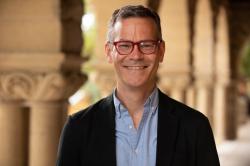 Colin Kahl Deputy Assistant to the President and National Security Advisor to the Vice President @ColinKahl
Colin Kahl Deputy Assistant to the President and National Security Advisor to the Vice President @ColinKahl -
Monday, June 1 - 11:30AM-12:45PM (4:00AM-5:45AM ET)
This plenary session focused on historic shifts in the geopolitical realities affecting the United States’ role in the Middle East and North Africa, and how America’s ties with states in the region are changing. To open the session, Deputy Assistant to the President and National Security Advisor to the Vice President Colin Kahl discussed the possibility of reaching a comprehensive nuclear deal with Iran, and the implications of such an accord for regional stability.
Panelist
 Colin Kahl Deputy Assistant to the President and National Security Advisor to the Vice President @ColinKahlDMMDr. Marwan Muasher Foreign Minister of the Hashemite Kingdom of Jordan
Colin Kahl Deputy Assistant to the President and National Security Advisor to the Vice President @ColinKahlDMMDr. Marwan Muasher Foreign Minister of the Hashemite Kingdom of Jordan -
Monday, June 1 - 2:00PM-3:30PM (7:00AM-8:30AM ET)
This plenary session discussed how notions of identity are shaped by external threats, emerging opportunities, and even deliberate efforts by governments. It also explored how notions of identity have evolved in the Islamic world since the Arab Spring.
 Shibley Telhami Nonresident Senior Fellow - Foreign Policy, Center for Middle East Policy @ShibleyTelhamiDMMDr. Marwan Muasher Foreign Minister of the Hashemite Kingdom of Jordan
Shibley Telhami Nonresident Senior Fellow - Foreign Policy, Center for Middle East Policy @ShibleyTelhamiDMMDr. Marwan Muasher Foreign Minister of the Hashemite Kingdom of Jordan -
Tuesday, June 2 - 9:00AM-10:30AM (2:00AM-3:30AM ET)
This plenary session considered the variables prolonging civil wars in the region, and propose steps toward political resolutions. The plenary brought together speakers with direct experience in conflict resolution to explore the role of local actors, regional governments, and the international community.
 Shibley Telhami Nonresident Senior Fellow - Foreign Policy, Center for Middle East Policy @ShibleyTelhami
Shibley Telhami Nonresident Senior Fellow - Foreign Policy, Center for Middle East Policy @ShibleyTelhami -
Tuesday, June 2 - 2:15PM-3:45PM (7:15AM-8:45AM ET)
This plenary session included voices from Iran, the Arab world, and the United States to discuss crucial questions for regional security related to Iran’s objectives and behavior.
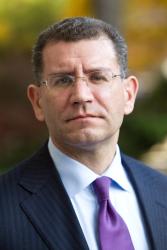 Kenneth M Pollack Former Brookings Expert, Resident Scholar - AEI
Kenneth M Pollack Former Brookings Expert, Resident Scholar - AEI -
Wednesday, June 3 - 9:00AM-10:30AM (2:00AM-3:30AM ET)
-
Wednesday, June 3 - 10:30AM-11:30AM (3:30AM-4:30AM ET)
One year after the Islamic State made significant advances in Iraq, General John Allen (U.S. Marine Corp, Ret.), special presidential envoy for the global coalition to counter ISIL, delivered a keynote address to review the progress of the military campaign against the extremist group. Bruce Jones, acting vice president and director of the Foreign Policy program at Brookings, moderated a Q&A session with Allen following his remarks.
-
Wednesday, June 3 - 11:30AM-12:00PM (4:30AM-5:00AM ET)
William McCants, Tamara Cofman Wittes, and H.E. Mohamed bin Abdullah Al-Rumaihi, the minister’s assistant for foreign affairs of the State of Qatar, concluded the 2015 U.S.-Islamic World Forum with remarks summarizing progress made during the Forum on key issues, including preliminary recommendations for the action group and the three working groups.
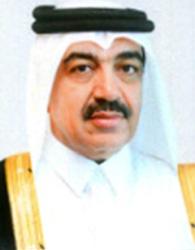 H.E. Mohamed bin Abdullah Al-Rumaihi Minister's Assistant for Foreign Affairs - Ministry of Foreign Affairs, State of Qatar
H.E. Mohamed bin Abdullah Al-Rumaihi Minister's Assistant for Foreign Affairs - Ministry of Foreign Affairs, State of Qatar
-
